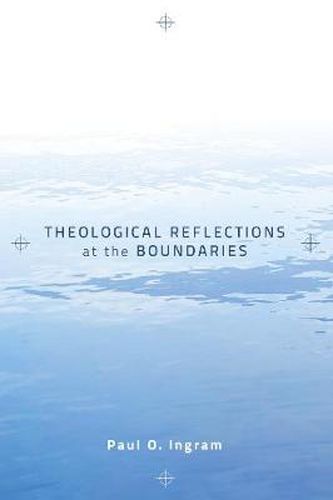Readings Newsletter
Become a Readings Member to make your shopping experience even easier.
Sign in or sign up for free!
You’re not far away from qualifying for FREE standard shipping within Australia
You’ve qualified for FREE standard shipping within Australia
The cart is loading…






This title is printed to order. This book may have been self-published. If so, we cannot guarantee the quality of the content. In the main most books will have gone through the editing process however some may not. We therefore suggest that you be aware of this before ordering this book. If in doubt check either the author or publisher’s details as we are unable to accept any returns unless they are faulty. Please contact us if you have any questions.
The interdependence of boundary questions and the experience of cognitive dissonance reveal that knowledge in all fields of inquiry is always incomplete and tentative. The issues are particularly acute for Christian theological reflection. Ingram illustrates the importance of boundary questions and cognitive dissonance as a means of creatively transforming contemporary Christian theological reflection through dialogue with the natural sciences and the world’s religions, particularly Buddhism, filtered through the lenses of Whiteheadian process philosophy.
$9.00 standard shipping within Australia
FREE standard shipping within Australia for orders over $100.00
Express & International shipping calculated at checkout
This title is printed to order. This book may have been self-published. If so, we cannot guarantee the quality of the content. In the main most books will have gone through the editing process however some may not. We therefore suggest that you be aware of this before ordering this book. If in doubt check either the author or publisher’s details as we are unable to accept any returns unless they are faulty. Please contact us if you have any questions.
The interdependence of boundary questions and the experience of cognitive dissonance reveal that knowledge in all fields of inquiry is always incomplete and tentative. The issues are particularly acute for Christian theological reflection. Ingram illustrates the importance of boundary questions and cognitive dissonance as a means of creatively transforming contemporary Christian theological reflection through dialogue with the natural sciences and the world’s religions, particularly Buddhism, filtered through the lenses of Whiteheadian process philosophy.